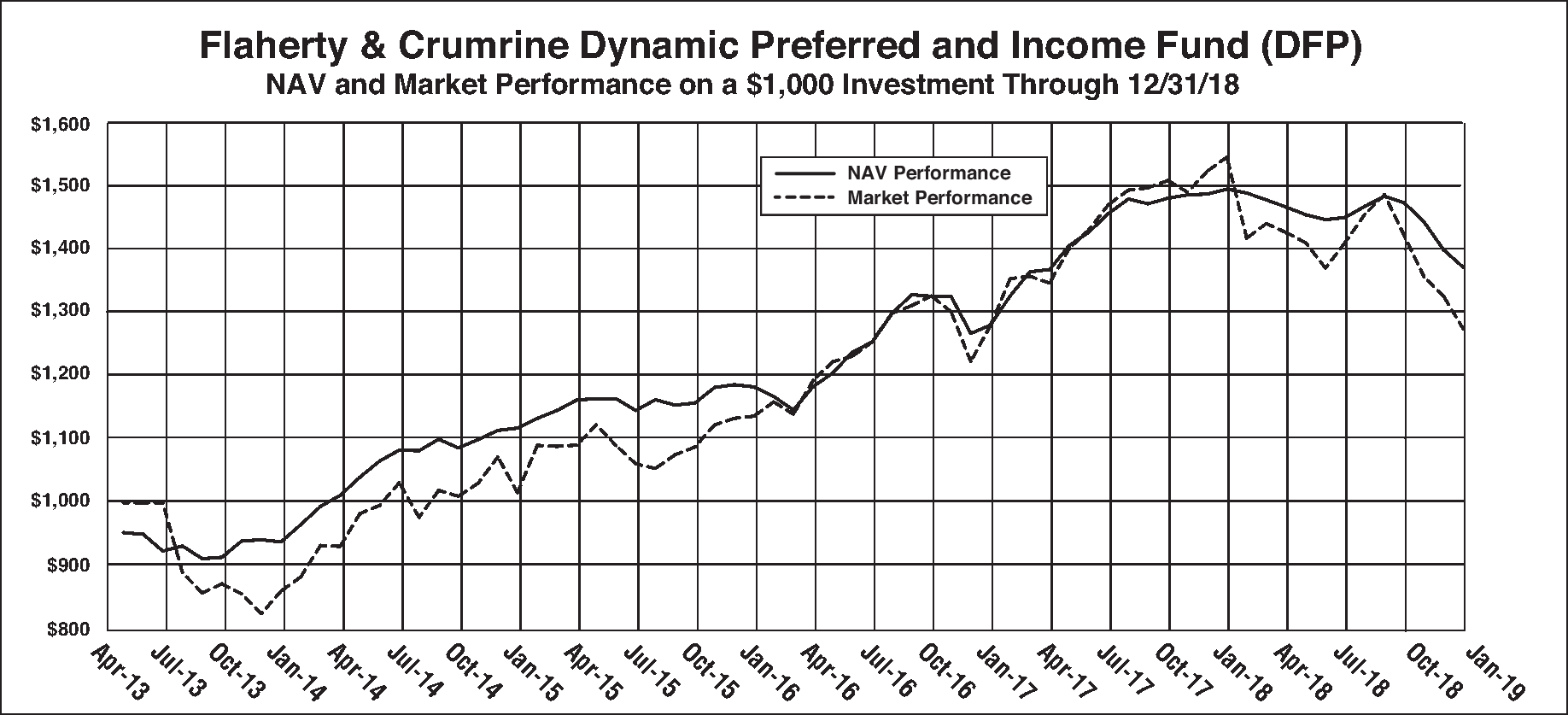In connection with this objective, these policies and procedures are designed to deal with potential complexities which may arise in cases where FCI’s interests conflict or appear to conflict with the interests of its clients.
These policies and procedures are also designed to communicate with clients the methods and rationale whereby FCI exercises proxy voting authority.
This document is available to any client or Fund shareholder upon request and FCI will make available to such clients and Fund shareholders the record of FCI’s votes promptly upon request and to the extent required by Federal law and regulations.
Fundamental Standard
FCI will be guided by the principle that, in those cases where it has proxy voting authority, it will vote proxies, and take such other corporate actions, consistent with the interest of its clients in a manner free of conflicts of interest with the objective of client wealth maximization.
General
FCI has divided its discussion in this document into two major categories: voting with respect to common stock and voting with respect to senior equity, e.g., preferred stock and similar securities. In those events where FCI may have to take action with respect to debt, such as in the case of amendments of covenants or in the case of default, bankruptcy, reorganization, etc., FCI will apply the same principles as would apply to common or preferred stock,mutatis mutandis.
These policies and procedures apply only where the client has granted discretionary authority with respect to proxy voting. Where FCI does not have authority, it will keep appropriate written records evidencing that such discretionary authority has not been granted.
FCI may choose not to keep written copies of proxy materials that are subject to SEC regulation and maintained in the SEC’s EDGAR database. In other instances, FCI will keep appropriate written records in its files or in reasonably accessible storage.
Similarly, FCI will keep in its files, or reasonably accessible storage, work papers and other materials that were significant to FCI in making a decision how to vote.
For purposes of decision making, FCI will assume that each ballot for which it casts votes is the only security of an issuer held by the client. Thus, when casting votes where FCI may have discretionary authority with regard to several different securities of the same issuer, it may vote securities “in favor” for those securities or classes where FCI has determined the matter in question to be beneficial while, at the same time, voting “against” for those securities or classes where FCI has determined the matter to be adverse. Such cases occasionally arise, for example, in those instances where a vote is required by both common and preferred shareholders, voting as separate classes, for a change in the terms regarding preferred stock issuance.
FCI will reach its voting decisions independently, after appropriate investigation. It does not generally intend to delegate its decision making or to rely on the recommendations of any third party, although it may take such recommendations into consideration. FCI may consult with such other experts, such as CPA’s, investment bankers, attorneys, etc., as it regards necessary to help it reach informed decisions.
Absent good reason to the contrary, FCI will generally give substantial weight to management recommendations regarding voting. This is based on the view that management is usually in the best position to know which corporate actions are in the best interests of common shareholders as a whole.
With regard to those shareholder-originated proposals which are typically described as “social, environmental, and corporate responsibility” matters, FCI will typically give weight to management’s recommendations and vote against such shareholder proposals, particularly if the adoption of such proposals would bring about burdens or costs not borne by those of the issuer’s competitors.
In cases where the voting of proxies would not justify the time and costs involved, FCI may refrain from voting. From the individual client’s perspective, this would most typically come about in the case of small holdings, such as might arise in connection with spin-offs or other corporate reorganizations. From the perspective of FCI’s institutional clients, this envisions cases (1) as more fully described below where preferred and common shareholders vote together as a class or (2) other similar or analogous instances.
Ultimately, all voting decisions are made on a case-by-case basis, taking relevant considerations into account.
Voting of Common Stock Proxies
FCI categorizes matters as either routine or non-routine, which definition may or may not precisely conform to the definitions set forth by securities exchanges or other bodies categorizing such matters. Routine matters would include such things as the voting for directors and the ratification of auditors and most shareholder proposals regarding social, environmental, and corporate responsibility matters. Absent good reason to the contrary, FCI normally will vote in favor of management’s recommendations on these routine matters.
Non-routine matters might include, without limitation, such things as (1) amendments to management incentive plans, (2) the authorization of additional common or preferred stock, (3) initiation or termination of barriers to takeover or acquisition, (4) mergers or acquisitions, (5) changes in the state of incorporation, (6) corporate reorganizations, and (7) “contested” director slates. In non-routine matters, FCI, as a matter of policy, will attempt to be generally familiar with the questions at issue. This will include, without limitation, studying news in the popular press, regulatory filings, and competing proxy solicitation materials, if any. Non-routine matters will be voted on a case-by-case basis, given the complexity of many of these issues.




